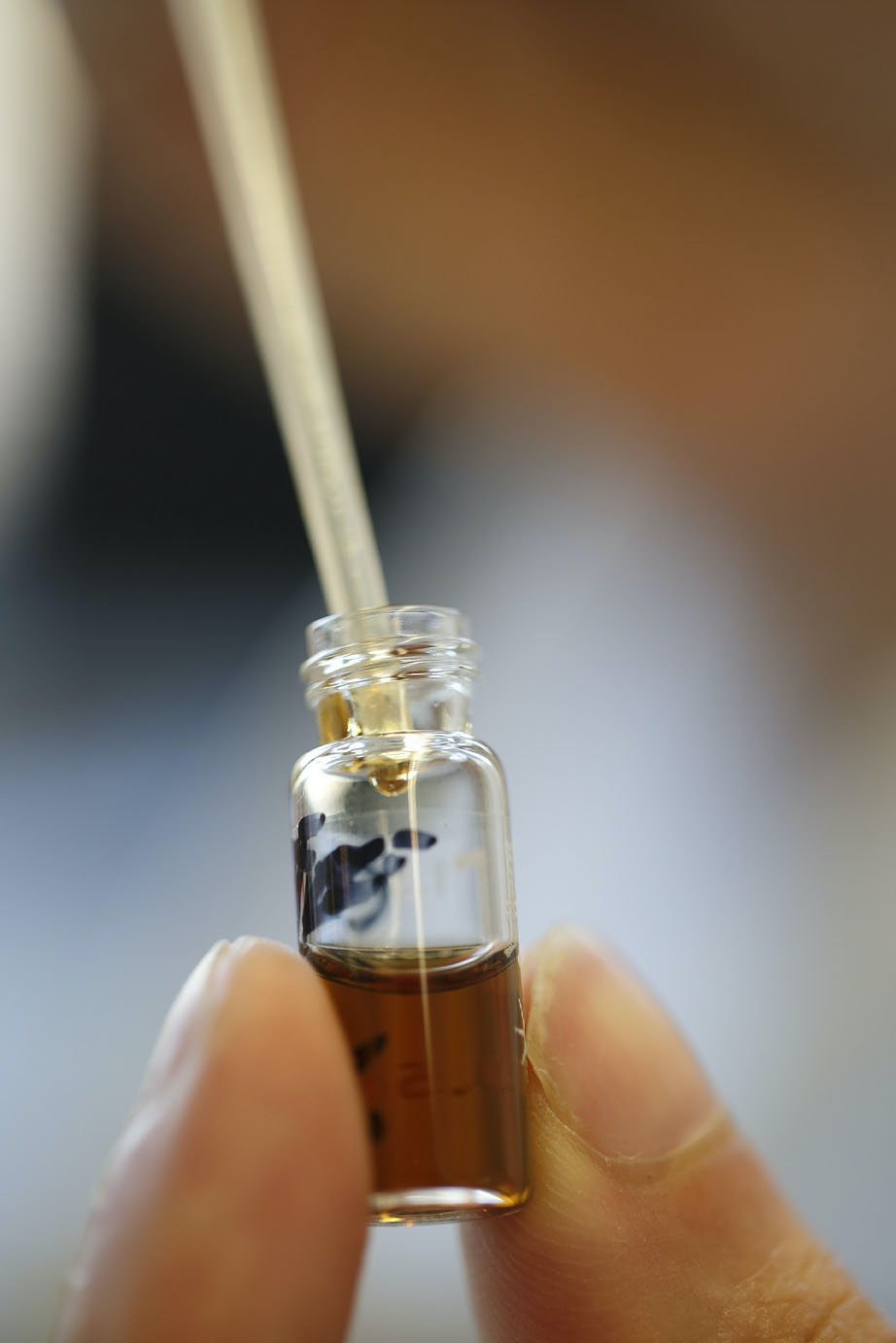
Cellular coffee production. All images courtesy of Chahan Yeretzian of the Zurich University of Applied Science.
Traditional coffee, or farm-grown coffee, is struggling to keep pace with the demands of modern consumption. With global demand expected to continue rising through 2050 and beyond, the strain on coffee farms is pushing the industry toward a breaking point.
Deforestation, rising CO₂ emissions, and climate change are all exacerbating the challenge, and experts warn that traditional production will soon be unable to keep up.
Against this backdrop, scientists like Professor Chahan Yeretzian, of the Zurich University of Applied Science, are pioneering cell-cultured coffee — a lab-based alternative that could redefine our relationship with coffee and offer a sustainable path forward.
For Yeretzian, replicating coffee involves more than just copying flavor — it’s about understanding coffee at a fundamental level.
“As a pure scientist, I would say that replicating a product is understanding a product,” Yeretzian said. “If you understand coffee, you are able to replicate it.”
Developing coffee cell biomass in a lab offers many benefits including meeting rising demand, mitigating environmental impact, and seeding a unique platform for flavor adjustment.
What is Cell-Cultured Coffee?
Cell-cultured coffee is produced by extracting coffee cell biomass from a coffee explant, processing it in a lab, and cultivating it to produce the compounds responsible for coffee’s unique aroma, taste, and texture. This process, involving steps like lyophilization and roasting, is intended to capture the essence of farm-grown coffee without relying on the traditional bean itself. Unlike coffee “surrogates” or “imitations” that use other ingredients to approximate coffee’s flavor, cell-cultured coffee maintains the molecular building blocks of coffee.
Yeretzian has come up against how challenging it can be to recreate coffee’s aroma, a key part of the coffee experience.
“The whole ecosystem of alternative coffees is mainly coffees that recreate the experience without the coffee,” he said, noting that surrogates fall short because they can’t replicate the complex aroma compounds found in green coffee.
“Although the typical coffee aroma is only unlocked during the roasting process, green coffee beans contain all the necessary precursors for flavor formation,” Yeretzian and his co-authors wrote in the recent article “Analytical Platform to Determine Similarities and Dissimilarities between Cell-Cultured Coffee and Farm-Grown Coffee,” published in the journal ACS Food Science & Technology by the American Chemical Society in 2024.
The ingredients simply can’t exist in typical surrogates. Cell-culture, on the other hand, works with the coffee’s own cellular material.
Progress and Benefits So Far
Despite being at an early stage, cell-cultured coffee has made notable progress. Yeretzian and other scientists have found that lab-based coffee is the closest we’ve come to achieving a sensory profile replicating traditional coffee. They are confident that, with lifecycle assessments, they can also demonstrate a reduction in the environmental burden associated with increased traditional farming.
Cell-cultured coffee could also help stabilize the supply chain, which is currently volatile due to climate change, shifting prices, and unpredictable weather patterns.
“If we really like coffee so much, can we supply part of the coffee with versions that are less damaging to the environment or basically… more efficient?” Yeretzian said. In other words, lab-grown coffee could help meet increased demand by providing a steady, controlled supply of coffee, less vulnerable to external conditions affecting farm-grown beans.
The Expansion of Coffee
One of the most exciting prospects of cell-cultured coffee is that it doesn’t just replicate traditional coffee; it opens up new possibilities for coffee as a product. Yeretzian said that by working with coffee at a cellular level, scientists can open the door to new sensory profiles and enhance flavors in ways that simply aren’t possible with farm-grown coffee.
“You can explore totally new sensory dimensions of coffee and be much more experimental and explorative,” he said, pointing out that cell-cultured coffee has the potential to go beyond simple replication and become its own category of coffee, allowing for a level of flavor creativity and customization that traditional coffee cannot provide.
Experts can precisely control the compounds and reactions that create coffee’s taste and aroma, meaning that they might eventually produce varieties tailored to specific preferences or experimental blends that surprise and delight coffee enthusiasts. This controlled environment makes it possible to highlight distinct notes or even incorporate elements that aren’t naturally present in coffee beans.
Legal and Regulatory Challenges
However, because cell-cultured coffee is created in a lab, it falls under the category of a “novel food.” This classification brings regulatory hurdles and these mean that this coffee won’t be available on the open market until after legal approvals, potentially within the next two years.
While surrogates like Atomo’s beanless coffee have been able to reach consumers quickly due to their reliance on non-coffee ingredients, cell-cultured coffee requires a more rigorous greenlighting process. Yeretzian remains optimistic about its eventual market readiness, particularly as demand for sustainable coffee options continues to grow.
Future Vision: Blending Tradition with Innovation
Yeretzian envisions cell-cultured coffee not just as a replacement. He portends a supplement to traditional coffee, where both forms work in harmony to meet global demand.
“I think to create some hybrid products, which still retain benefits like environmental friendliness or an interesting flavor profile in a blend, can help ensure supply,” Yeretzian said.
By using cell-cultured coffee as a blending component, the industry can reduce its reliance on traditional coffee without sacrificing quality or tradition, ensuring that coffee remains both sustainable and widely accessible.
Cell-cultured coffee represents a way to honor coffee by understanding it at its most fundamental level. The goal is not to replace traditional coffee, but to support and expand it, preserving the ritual of coffee for generations to come, according to Yeretzian. With the volcanic demand projected, coffee science may soon hold the key to coffee’s future. And, just as technology has transformed our daily lives, it may soon transform our coffee cups.
Note: Daily Coffee News does not engage in sponsored content of any kind. Any statements or opinions expressed belong solely to the authors and do not necessarily reflect the views of Daily Coffee News or its management. Comments? Questions? News to share? Contact DCN’s editors here.
Emily Sujka
Emily Sujka has been writing about coffee for over eight years. Informed by her background as a SCA-certified coffee roaster and trained barista, she writes gleefully about coffee and cafes from all over the world. Her work can be found in various publications, on her blog cafeanywhere.net, and on instagram @cafeanywhere_. She is currently based in Lyon, France.




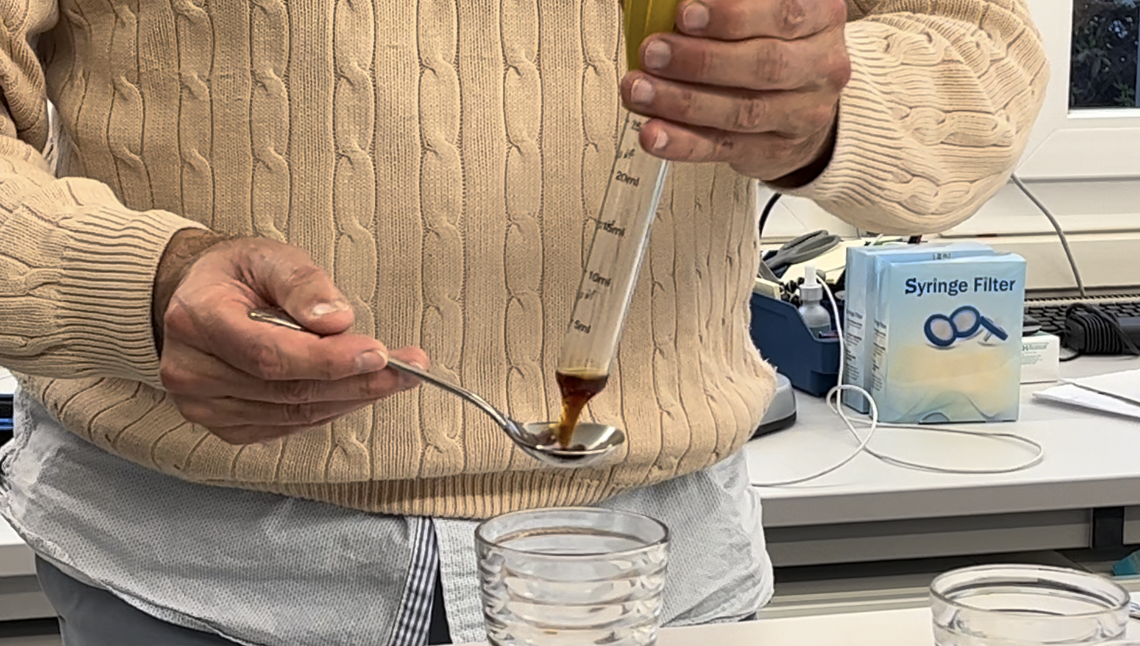
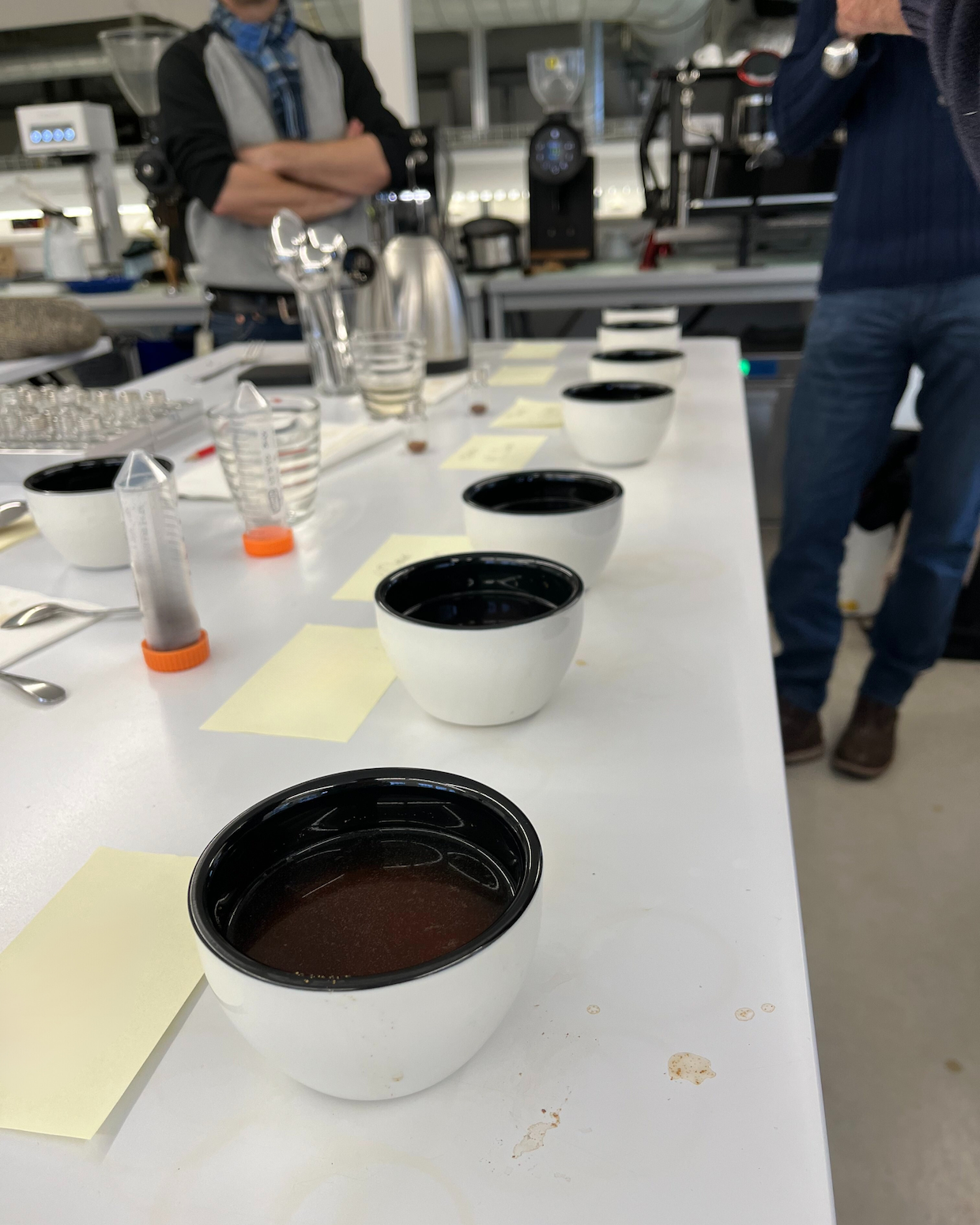
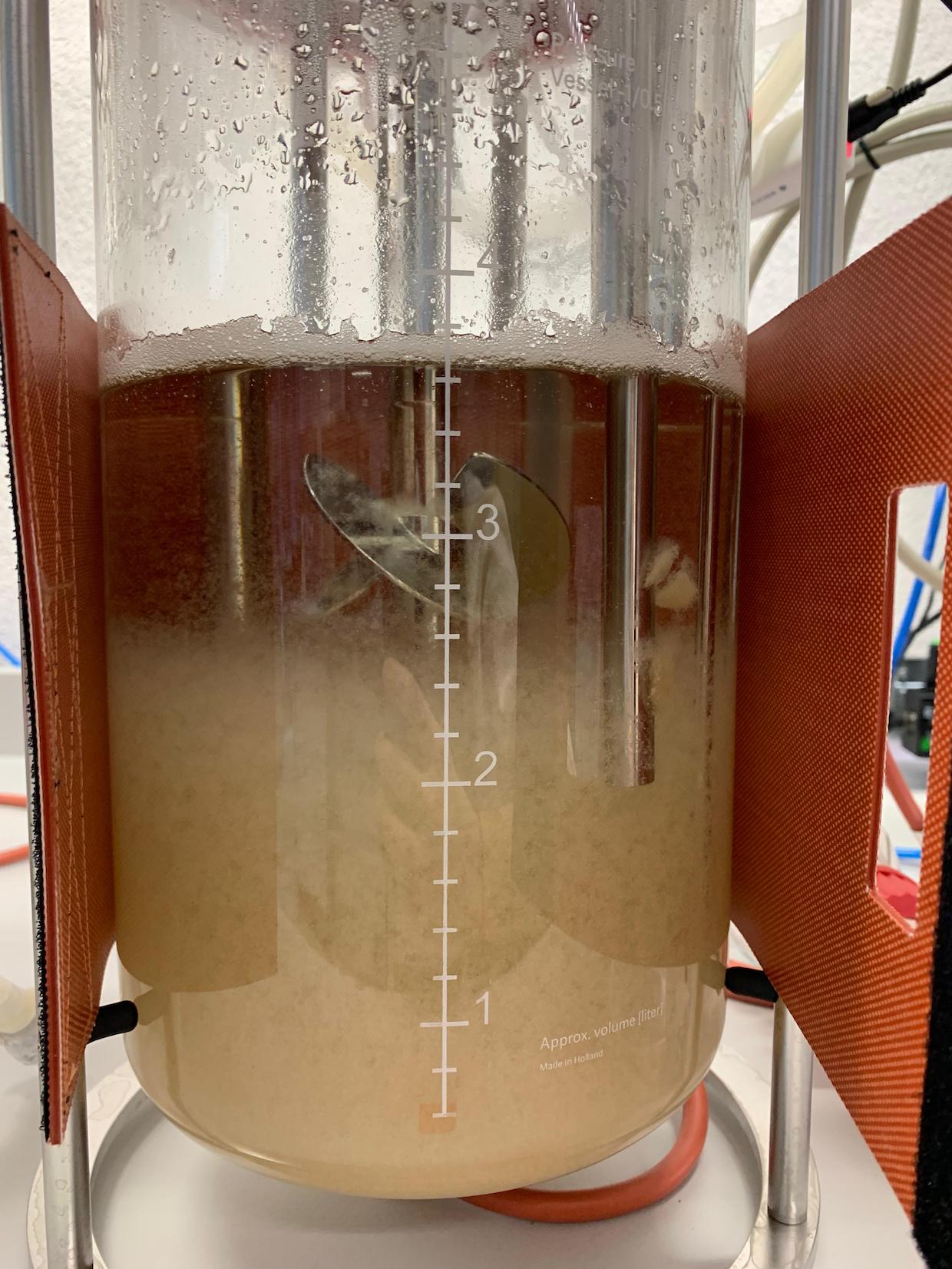
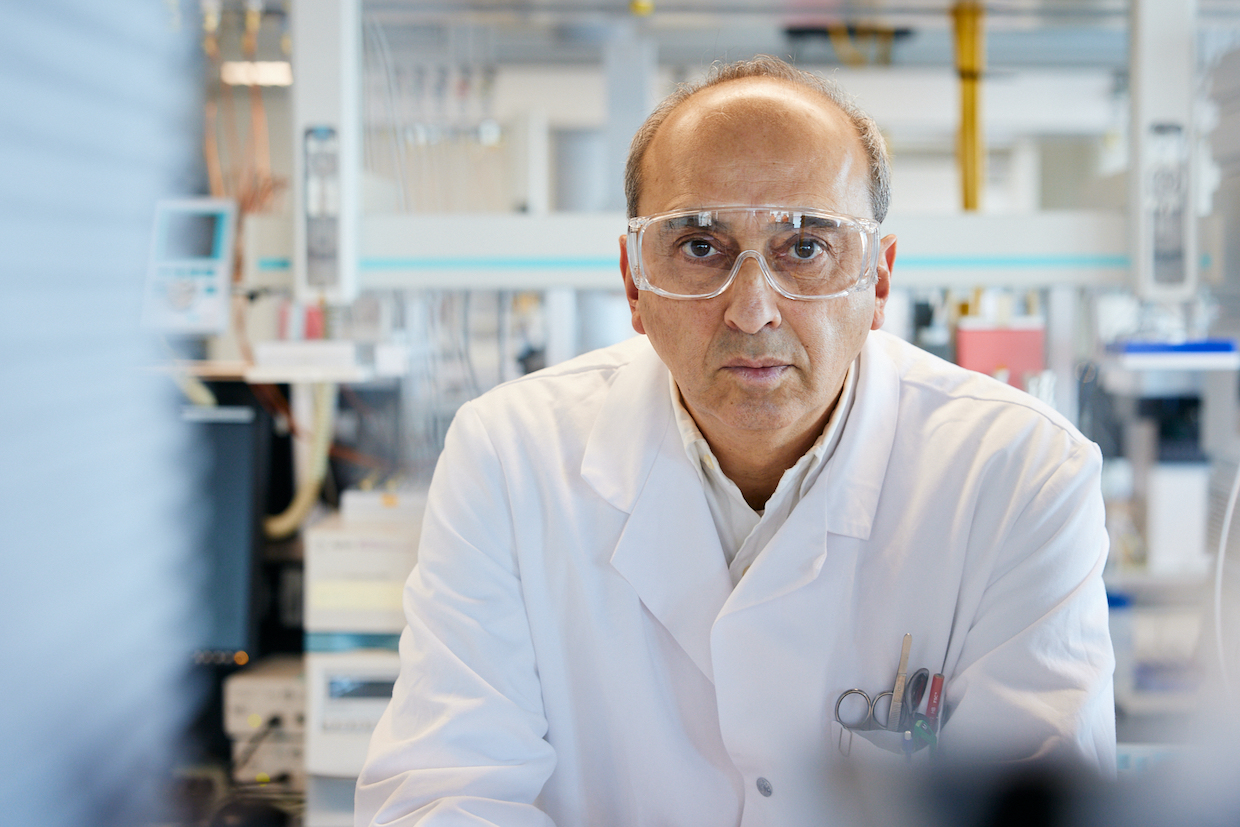



Comment